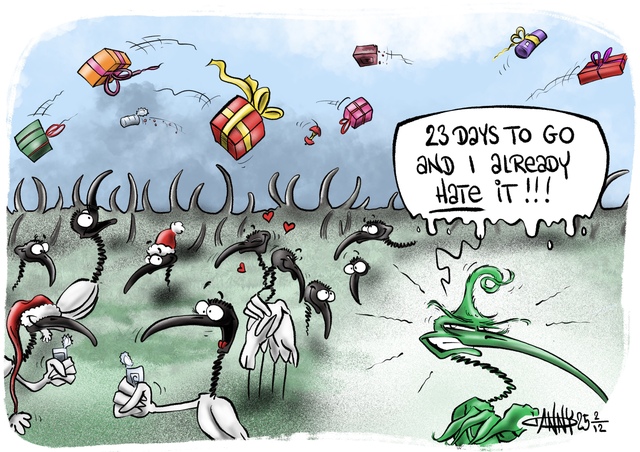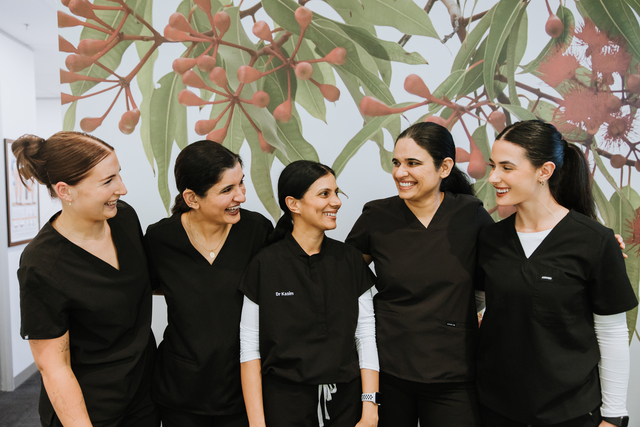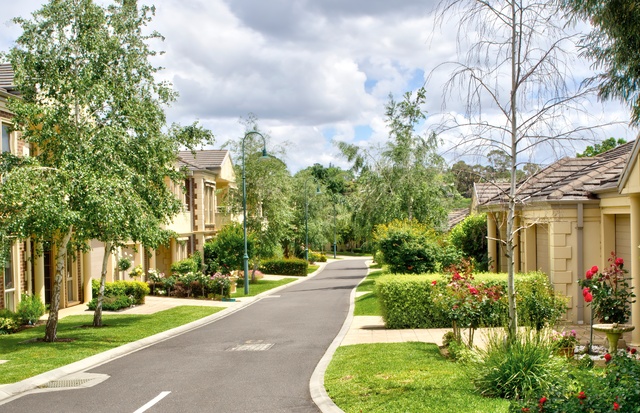By Ed Merrison
AMAROO Gardens in Ferntree Gully has spent the past year bringing a new definition to the expression ‘residential care’.
Residents, staff, volunteers and their families have dedicated themselves to helping Sri Lankan tsunami survivors rebuild their lives and are well on the way to funding a third house for displaced families.
When they heard of the tsunami’s impact in Sri Lanka, residents’ thoughts immediately turned to staff member Salintha Peterson who was visiting family on the island at the time.
Ms Peterson was safe, but Amaroo had other Sri Lankan staff members and concerns were raised about how their communities had been affected by the disaster.
Amaroo Gardens manager of residential care services Kerrie Lavery said residents were eager to know what they could do to help.
“The residents began a disaster appeal and sent information to their families and members of Knox City Council,” she said.
The residential care facility, which currently has 102 residents and 84 members of staff – including six from Sri Lanka – established itself as a collection point for donations and set up an eight-member residents’ committee to spearhead the initiative.
Staff member Indira Jayasinghe helped coordinate the initial process and a consignment of tents, dry food, cooking equipment, school books and medical supplies were soon on the way to Sri Lanka with the help of Ms Jayasinghe’s brother, a member of Madapartha Lions Club.
The club had been assigned care of a disaster-struck region on the south coast, and took donations to a refugee camp based at Matara, east of Galle.
A special afternoon tea held at Amaroo on Friday, 4 February, Sri Lanka’s day of independence, then set in motion the next wave of aid.
On a day of Sri Lankan music and dance, residents were moved to see pictures of tsunami victims holding their gifts, struck as much by the immediacy of this means of giving as by the victims’ desperate need.
Correspondence from Madapartha Lions Club informed the residents that $3000 would build a house for a displaced family and the residents jumped to their next task.
The target was reached by July and the funds sent to the club which began a process of shortlisting possible inhabitants of the new home from among the Matara refugees.
From the family profiles, Amaroo unanimously chose an extremely poor family with four children, and work on the house began.
The Gunersaraka family opened the door and looked round their house for the first time on Thursday, 1 December, and Ms Lavery was there to see it, having taken a self-funded three-week break.
Ms Lavery said she was bombarded with questions about the visit upon her return from what she described as a very emotional trip on Friday, 12 December.
“The main reason I wanted to go was I wanted to come back and paint a picture of what the residents had achieved,” she said.
Ms Lavery said the Gunersarakas had tears in their eyes when they walked into the house.
Interpreters told Ms Lavery the Gunersaraka family could not put into words how grateful they were for Amaroo’s generosity.
“I think it’s a remarkable achievement at their age to reach out and help people on the other side of the world. It’s very inspiring,” Ms Lavery said.
The Gunersaraka family’s eldest daughter speaks some English, and plans to write to the residents soon.
In the meantime, families are being shortlisted for the second house, as the drive continues to fund the third.
And at a time of giving, the restful feel of Amaroo Gardens belies a fervour to create more safe homes for families who lost theirs in tragic circumstances almost exactly a year ago.
Tsunami caring
Digital Editions
-

Energy affordability comes first
All Australians deserve affordable power bills and responsible emissions reduction. Under Labor, they are getting neither. Power bills are up nearly 40 per cent, families…





